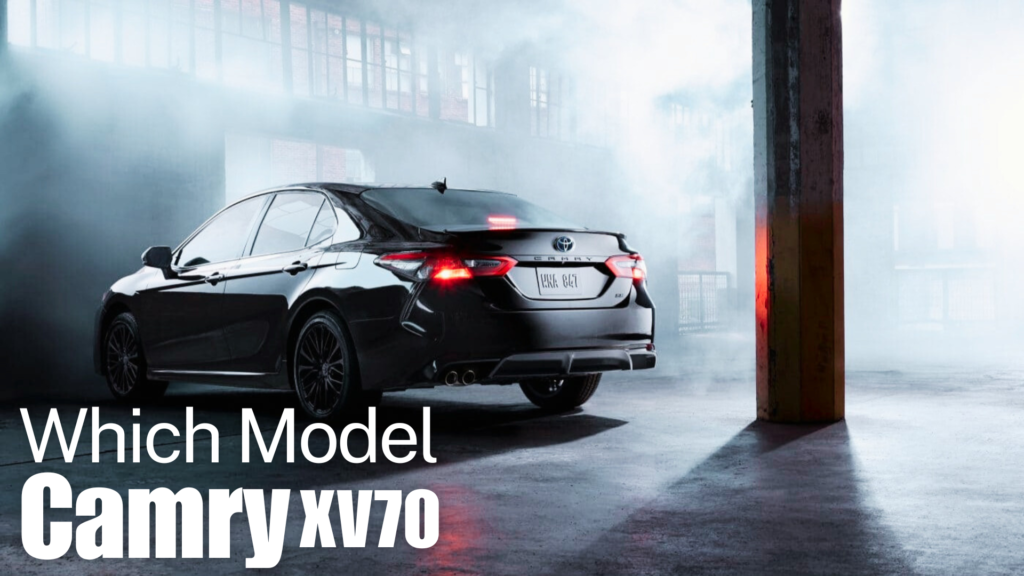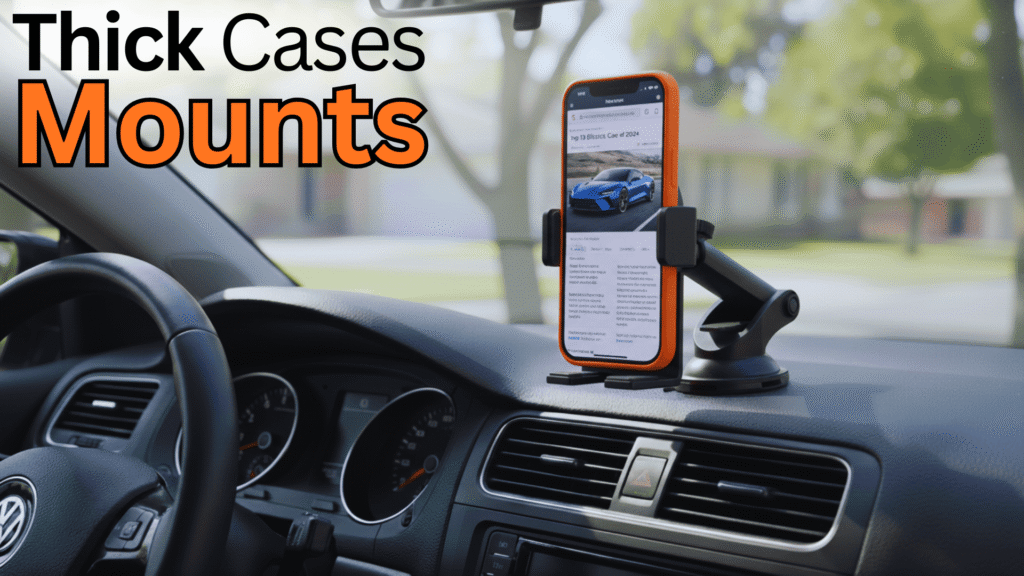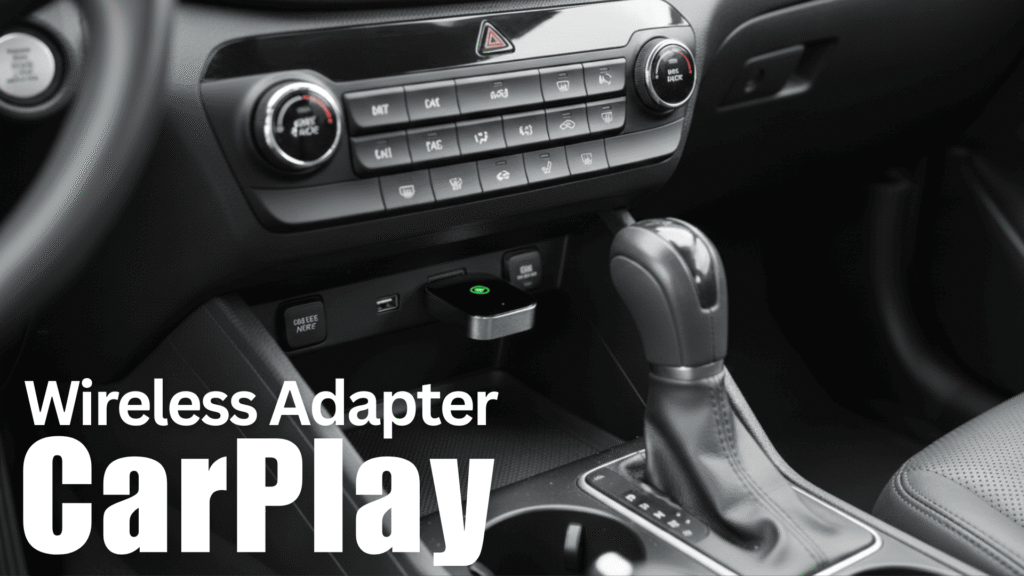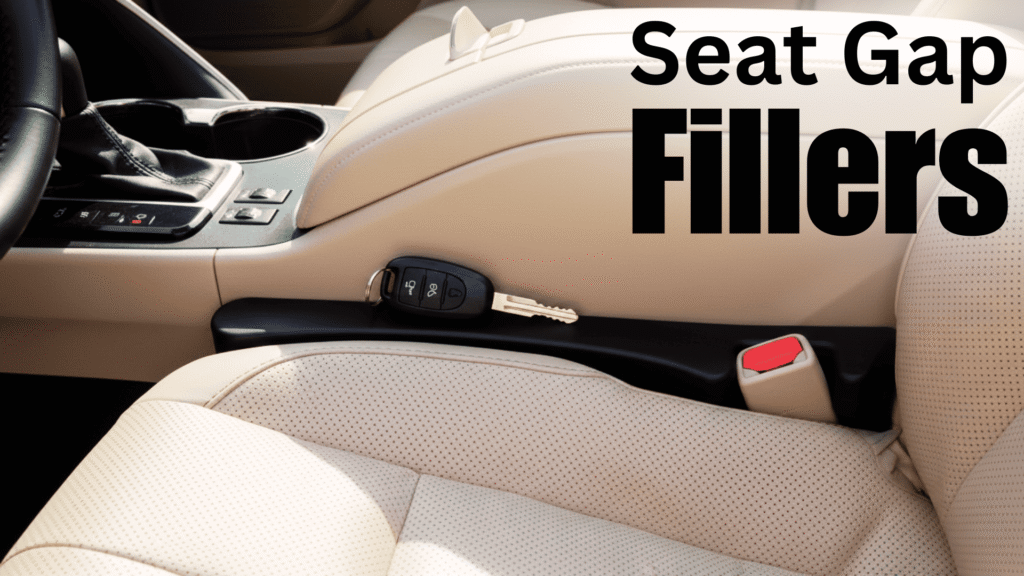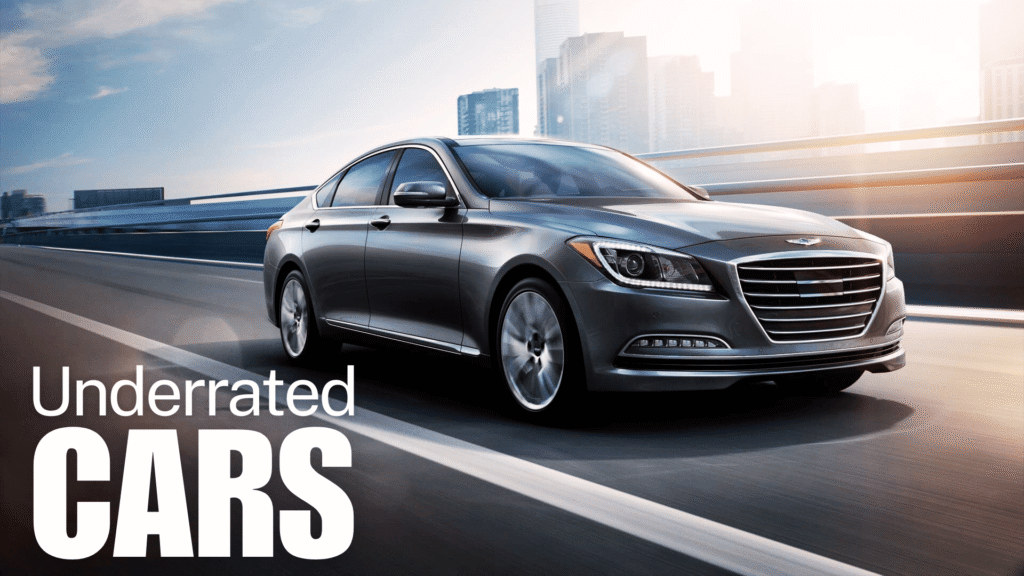BMW’s X series has become a key player in the luxury SUV scene, mixing performance, comfort, and practicality while keeping the fun driving feel the brand is known for. But when it comes to reliability, not every BMW X model is on the same page.
It took BMW a long time—almost 70 years—to jump into the SUV world, which was called the 4×4 segment back in the day. But maybe that wait helped them nail the idea of making taller vehicles that still had sporty handling. What started as a rough idea turned into what everyone else aims for, especially the high-end brands. Today, we even see Ferrari and Bentley entering the SUV market—though Ferrari’s attempt feels a bit off.
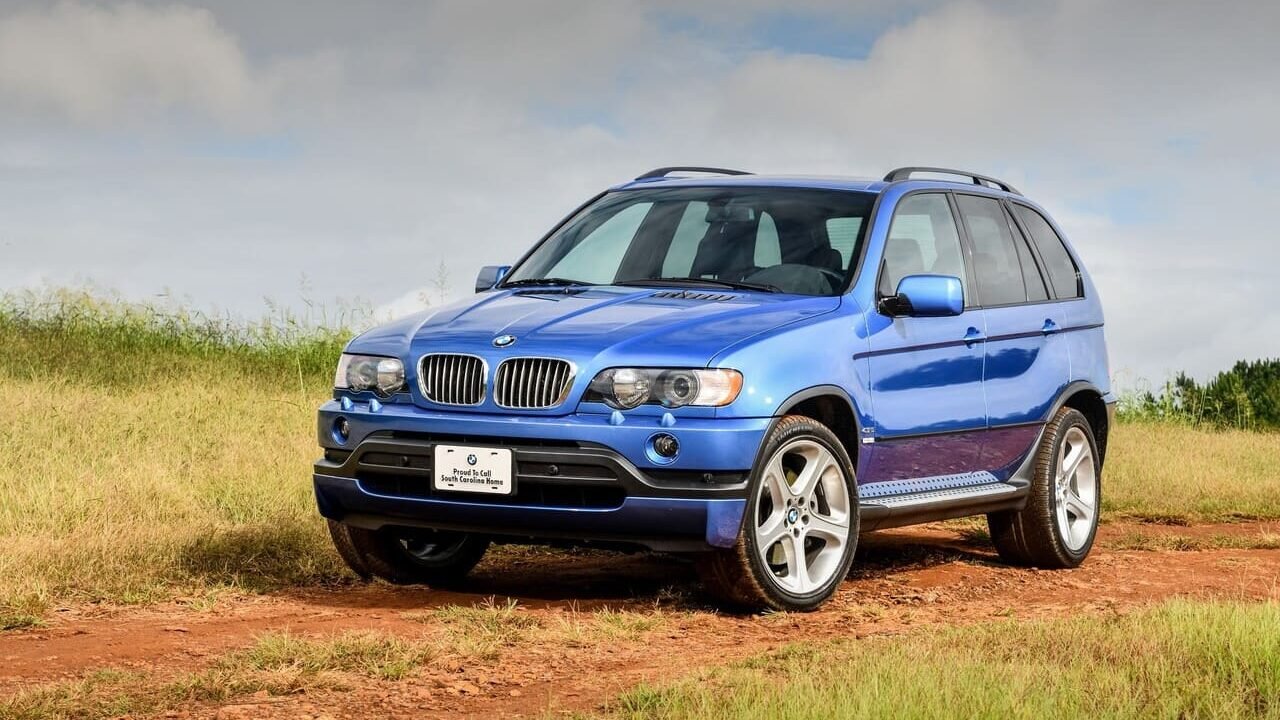
I remember not everyone was super excited about this shift at first. But BMW fans seemed to be more open to the idea compared to other luxury brand followers. When BMW rolled out its first X model, the E53 X5, the buzz was huge. Thankfully, it met those big expectations. Built on the same platform as the rugged L322 Range Rover, the X5 wasn’t a true off-roader, but it got a nice boost from Land Rover’s all-wheel-drive system. Plus, for its size, it handled really well with sharp steering and great control on the road.
But there’s more to the story than just that. Over the years, the X5 started to get a reputation for having reliability troubles, dealing with issues like suspension problems, drivetrain glitches, interior quality, and even door handle failures.
Even with those bumps along the way, the X5 opened the door for a whole lineup of BMW SUVs, from the smaller X1 to the big X7, attracting a broad range of customers. Still, BMW’s spotty reliability record—especially after the warranty runs out—has turned off quite a few potential buyers, even with the brand’s appealing sportiness.
In this article we’re gonna check out which BMW X models are worth checking out and which ones you might wanna pass on.
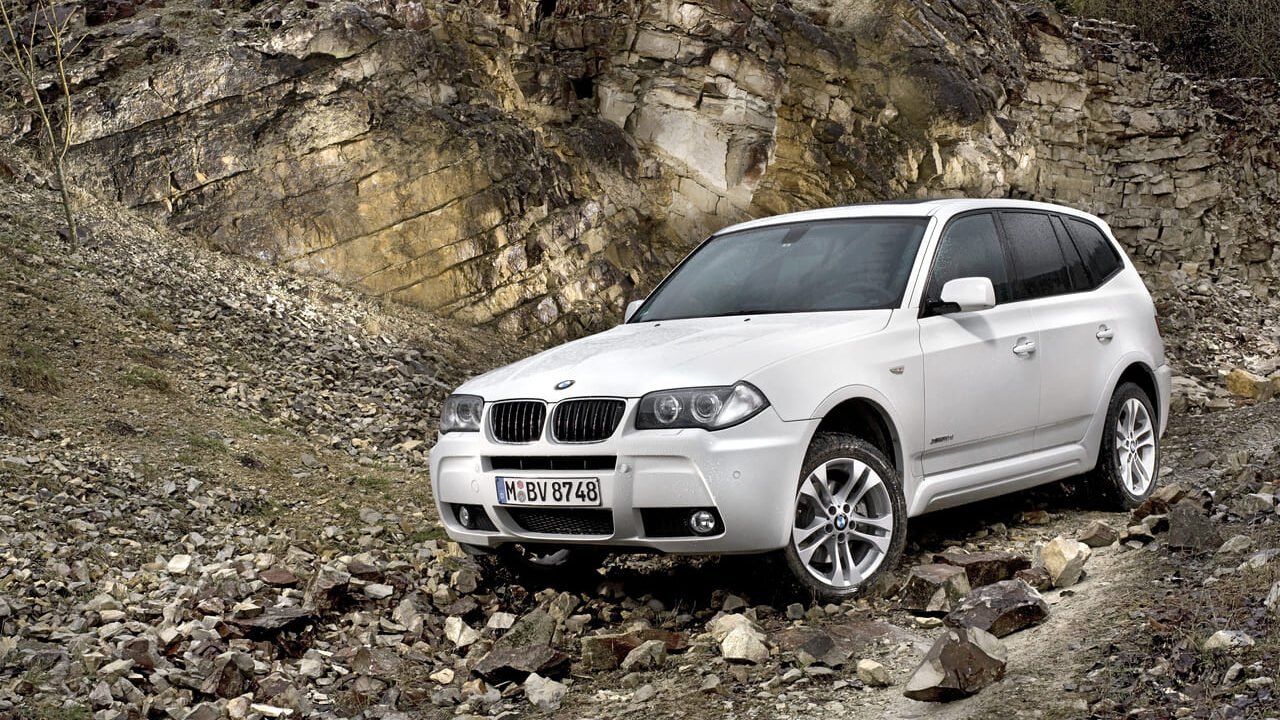
1. 2004 – 2010 BMW X3 (E83)
Available Engines:
- Petrol:
- 2.0L I4 (N46) (not available in the USA)
- 2.5L I6 (M54 / N52)
- 3.0L I6 (M54 / N52)
- Diesel: (Not officially sold in the USA)
Pros:
- Solid, mechanical feel with hydraulic steering for excellent feedback.
- Strong reliability with the M54 and N52 inline-six engines.
- Compact size makes it a great daily driver with SUV practicality.
Cons:
- Stiff ride quality due to a harsher suspension setup.
- Early models with M54 engines are prone to oil leaks and cooling system failures.
- GM-supplied 5L40-E automatic transmission (on pre-2007 models) has known reliability issues.
Verdict:
The first-gen X3 is a fun and engaging SUV if you avoid the base trims. Opt for the later models (post-2007) with the N52 engine and the ZF 6-speed auto for better reliability.

2. 2007 – 2013 BMW X5 (E70)
Available Engines:
- Petrol:
- 3.0L I6 (N52 / N55)
- 4.8L V8 (N62)
- 4.4L Twin-Turbo V8 (N63, X5 xDrive50i)
- Diesel:
- 3.0L I6 Turbo Diesel (M57, later N57 in 2012+ models)
Pros:
- First BMW X5 with a proper third row (though tight for adults).
- M57 diesel engine offers legendary reliability and fuel efficiency.
- Improved ride comfort compared to the E53, with adaptive suspension options.
- xDrive system is capable in snow and mild off-road conditions.
Cons:
- N62 and N63 V8s have notorious reliability issues (timing chain stretch, valve stem seals, high oil consumption).
- Early N55 models can suffer from HPFP (high-pressure fuel pump) failures.
- Some electrical gremlins, especially with the iDrive system.
Verdict:
The E70 X5 is a solid choice if you stick to the N52 I6 or the diesel variant (M57/N57). Avoid the N62/N63 V8 unless you’re willing to invest in extensive preventative maintenance.
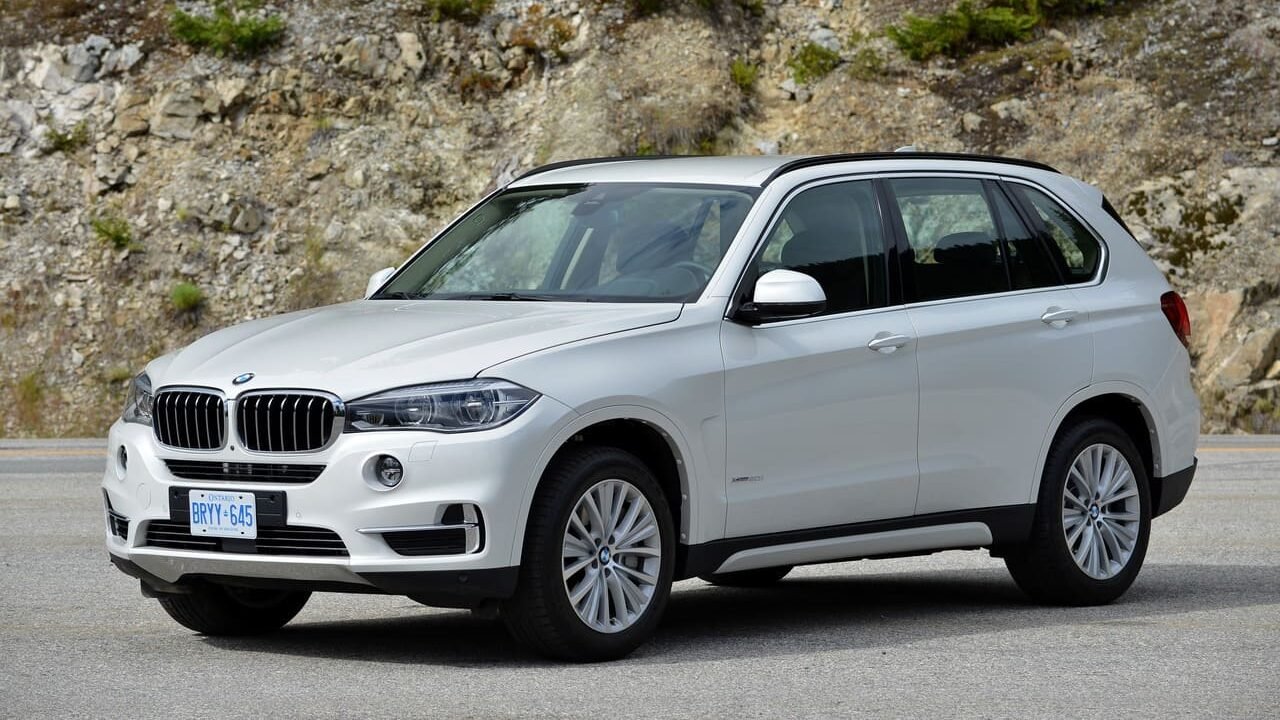
3. 2014 – 2018 BMW X5 (F15)
Available Engines:
- Petrol:
- 3.0L I6 Turbo (N55)
- 4.4L Twin-Turbo V8 (N63TU)
- Diesel:
- 3.0L I6 Turbo Diesel (N57)
- Plug-in Hybrid:
- 2.0L I4 Turbo Hybrid (B48 + electric motor, X5 xDrive40e)
Pros:
- More refined ride quality compared to previous X5 generations.
- N63TU V8 was a slight improvement over the older N63 (still has reliability concerns, though).
- Diesel (N57) remains one of the most durable BMW engines.
- Improved interior quality and tech features.
Cons:
- N63TU still exhibits oil consumption issues and carbon buildup.
- Hybrid model (X5 xDrive40e) has complex electronics, which could lead to costly repairs.
- Air suspension components prone to failure over time.
Verdict:
The F15 X5 is an excellent all-rounder, especially in diesel form. Stick with the N57 or N55 for the best reliability, and avoid the plug-in hybrid unless you really need one.
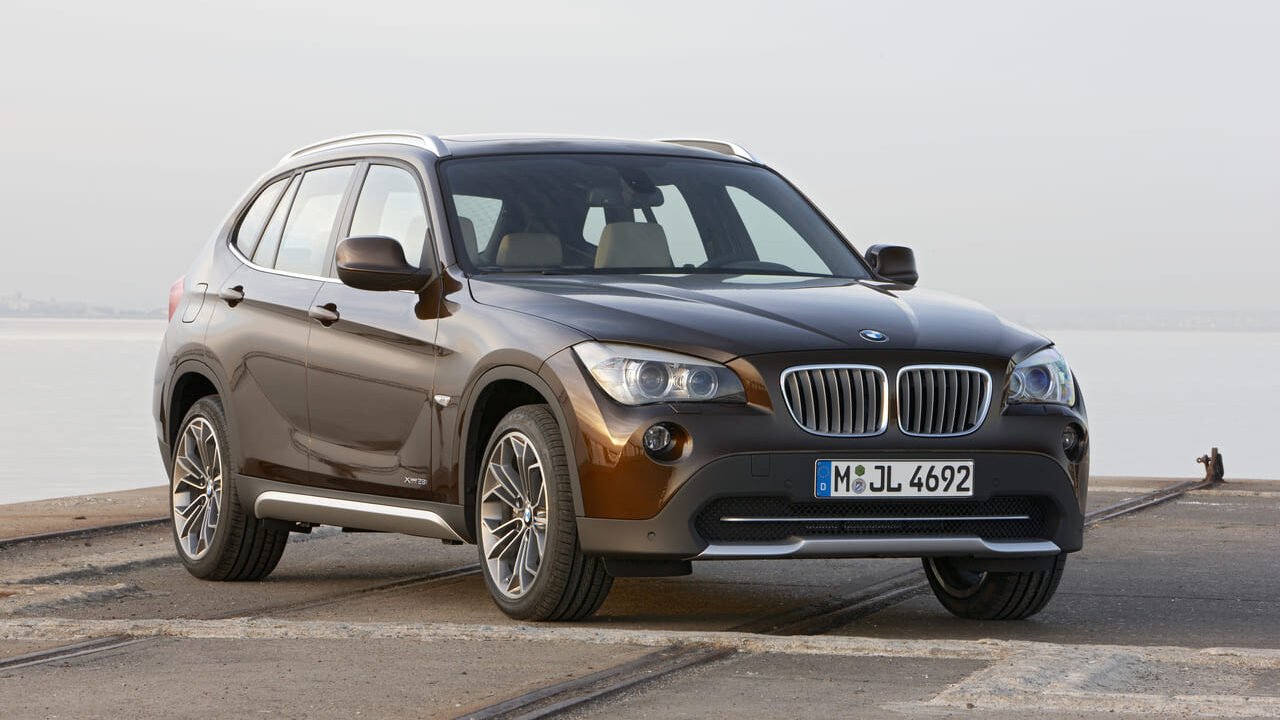
4. 2013 – 2015 BMW X1 (E84)
Available Engines:
- Petrol:
- 2.0L Turbo I4 (N20, sDrive28i/xDrive28i)
- 3.0L Turbo I6 (N55, xDrive35i)
Pros:
- More engaging to drive than other small luxury SUVs.
- N55 inline-six version (xDrive35i) offers impressive performance.
- Compact size makes it nimble in urban environments.
- Traditional hydraulic steering in early models provides excellent road feel.
Cons:
- N20 four-cylinder suffers from timing chain and timing guide issues (pre-2015 models especially).
- Stiff ride quality due to sporty suspension tuning.
- Interior feels somewhat dated compared to newer BMW models.
Verdict:
The E84 X1 is a fun, compact SUV if you choose the N55 I6 version. Be cautious with early N20-equipped models due to timing chain issues.
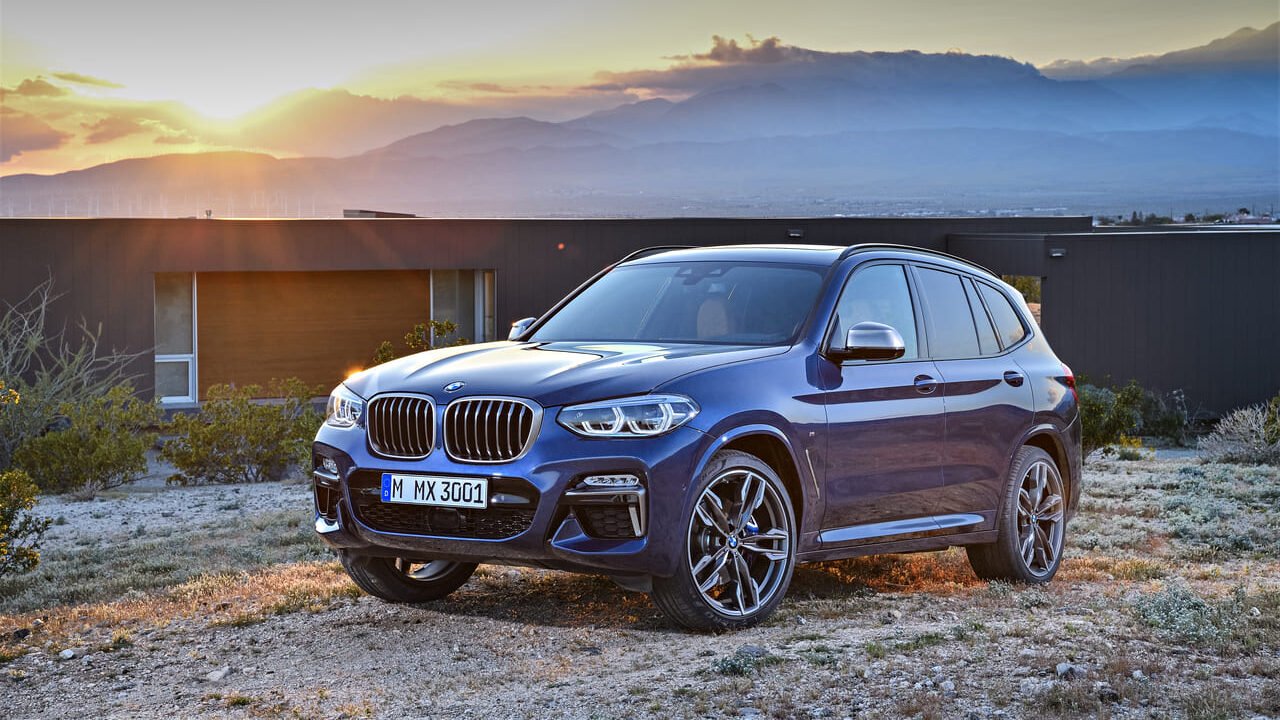
5. 2018 – 2024 BMW X3 (G01) & 2018 – 2024 BMW X4 (G02)
Available Engines:
- Petrol:
- 2.0L Turbo I4 (B46, xDrive30i)
- 3.0L Turbo I6 (B58, M40i)
- Plug-in Hybrid:
- 2.0L Turbo I4 Hybrid (B46 + electric motor, xDrive30e)
Pros:
- B58 I6 engine in M40i is one of BMW’s best modern engines.
- More balanced chassis compared to rivals like the Audi Q5.
- Improved iDrive system and digital cockpit.
- Strong resale value and solid reliability compared to older X models.
Cons:
- Some early B46 four-cylinder models had fuel injector and oil leak issues.
- M40i models with adaptive dampers can be pricey to repair out of warranty.
- Plug-in hybrid variant adds complexity and weight.
Verdict:
The G01 X3 is arguably one of the best modern BMW SUVs. If reliability is key, the B58-powered M40i is a strong choice. Avoid the hybrid if you want to keep things simple. If you want to learn more about the G01 BMW X3 just take a look at this article.
Final Thoughts
BMW’s X models have had their ups and downs when it comes to reliability but some really shine as dependable choices. If you’re looking for a tough, performance-driven SUV that won’t give you too many headaches, here are you best options:
- E83 X3 (after 2007, N52 engine)
- E70 X5 (diesel version, M57/N57 engine)
- F15 X5 (N55 or N57 engine)
- G01 X3 (M40i model with B58 engine)
When it comes to picking the right BMW X model just remember to keep an eye on the potential issues with each engine. Stick with the engines that have a solid track record, steer clear of quirks from the earlier production years, and you should end up with a reliable ride that offers both luxury and a fun driving experience.
If you liked this post, check out our article, “Top 10 Longest Lasting SUVs You Can Buy Today.” Dive into our site for detailed car reviews, handy buying tips, and the newest news in the industry. Take your time to browse, and make sure to bookmark our homepage for updates later!
- Best Car Interior Cleaning Kits: Make Your Cabin Look New
- Which XV70 Camry Year Should You Buy? A Tested Guide
- Magnetic Phone Mounts & Mounts for Thick Cases: That Actually Work!
- Best Wireless CarPlay Adapters for Older Cars
- Best Seat Gap Fillers for Leather Seats
- The Most Underrated Cars — Hidden Gems You Should Actually Consider
*Disclaimer: This website provides automotive content for informational purposes only and should not be considered professional advice. While we strive for accuracy, we do not guarantee the reliability or suitability of any vehicle or product mentioned—always conduct your own research before making purchasing decisions. Additionally, some links on this site are affiliate links, meaning we may earn a commission if you make a purchase, at no extra cost to you.



